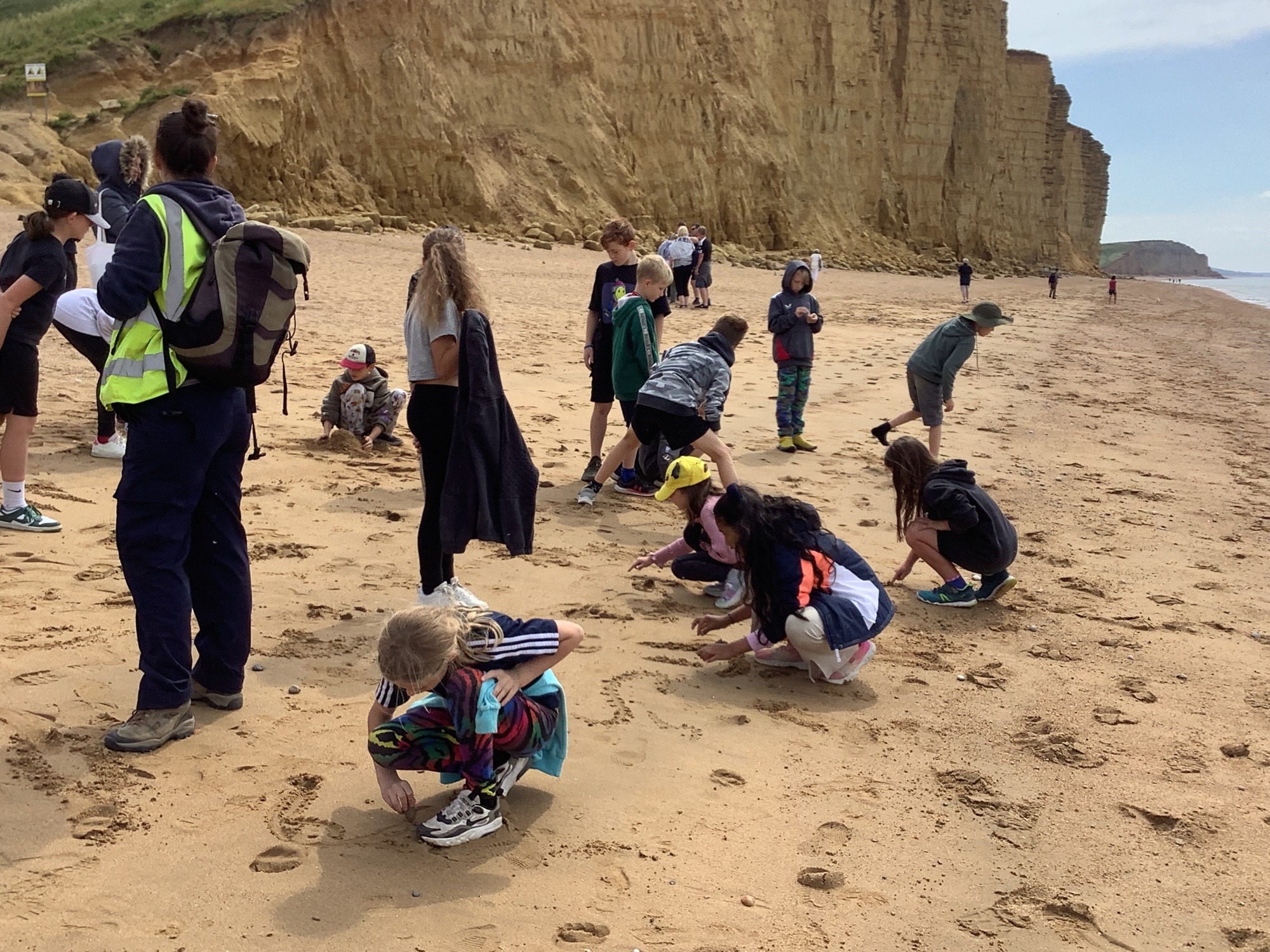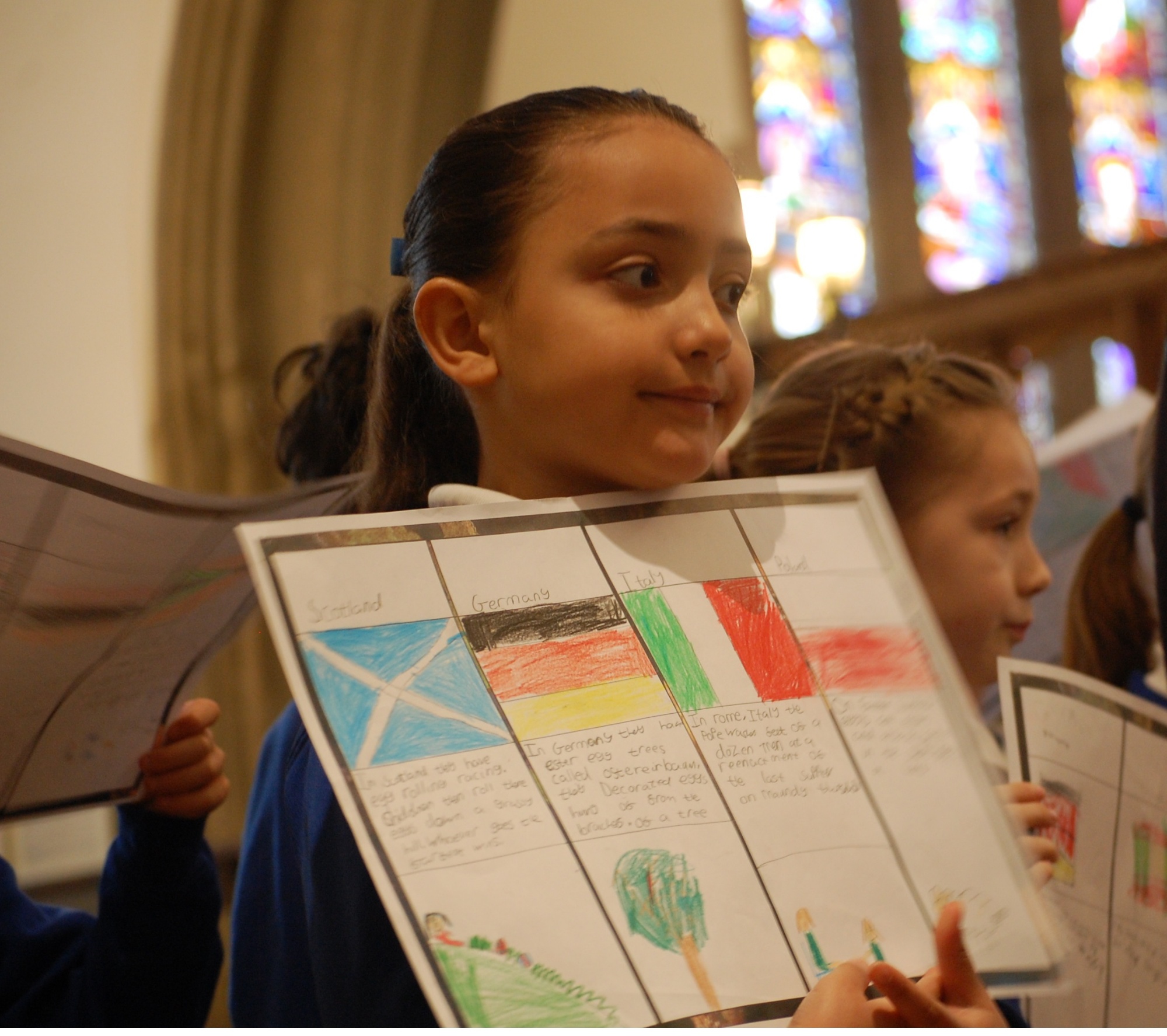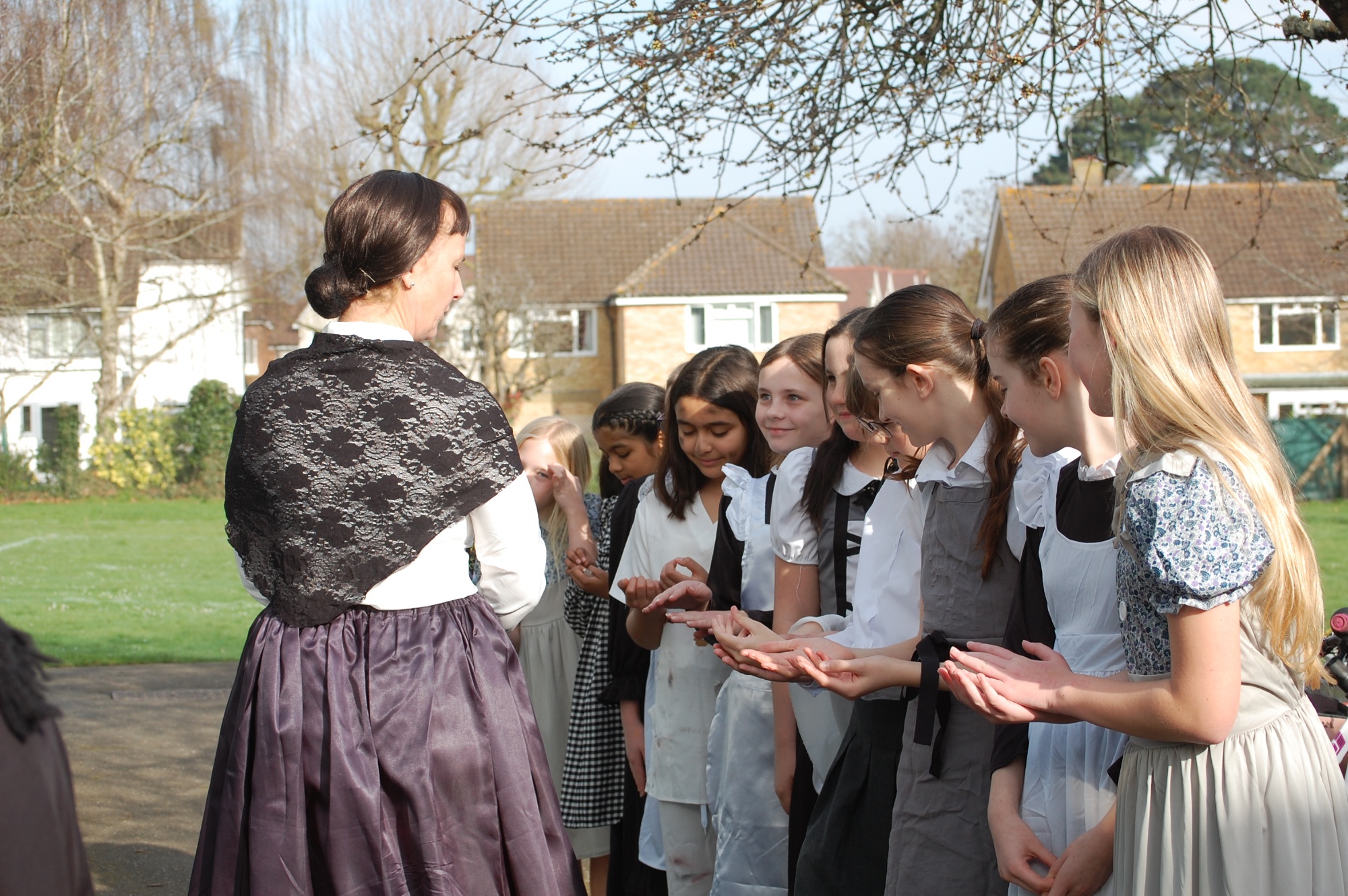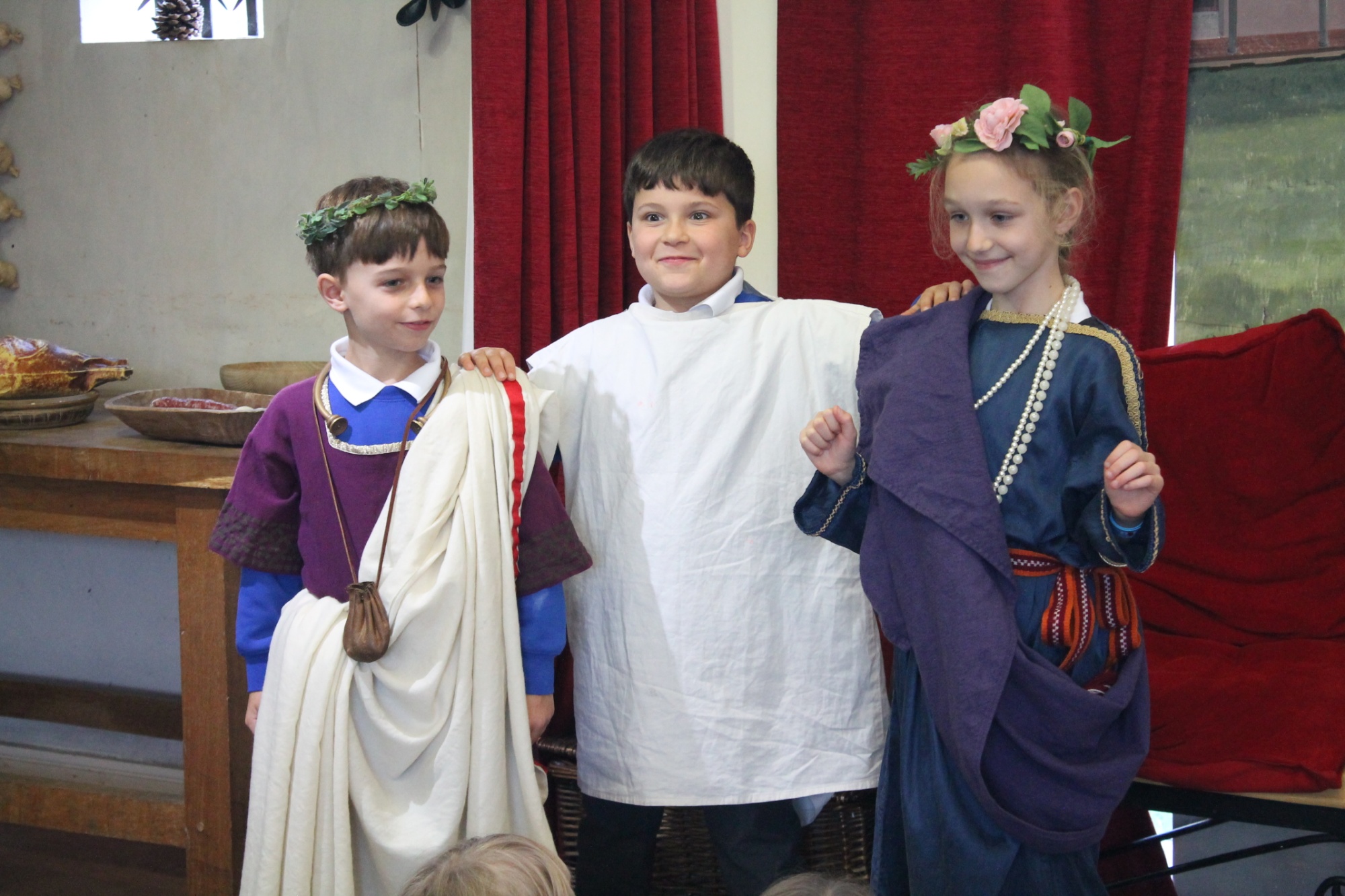Humanities
Our curriculum is balanced and broadly based. It consists of all the activities designed or encouraged in the school to develop the intellectual, personal, social and physical abilities of the children.
It is our belief that a high quality study of humanities subjects enables children to engage with their past, present and future, securing a deep and rich understanding of the cultural, social and historical contexts of themselves and others. Through a well-planned and sequenced study of Geography, History and Religious Education (RE), we seek to empower our pupils to make moral, spiritual and intellectual sense of the world that surrounds them.
At Great Bookham School, Geography, History and RE are each taught discretely with protected timetabled sessions each week, allowing pupils to acquire and develop subject-specific knowledge and skills whilst also encouraging cross-curricular links and approaches. As part of each unit of study, rooted in the aims and objectives of the National Curriculum, children are encouraged and guided to make links and connections between previous units within the subject and across each of the different disciplines.
Please find below further information about the teaching of Geography, History and RE at Great Bookham School, and the curriculum intentions for each subject.
Geography
The intent of our geography curriculum is to inspire a curiosity and fascination about the world and its people that will remain with them for the rest of their lives. The curriculum is designed to equip all children with knowledge about diverse places, people, resources and natural and human environments. An understanding of human and physical processes is explored and as children progress a deeper understanding of the interaction between these are further developed.
Each pupil has regular, timetabled Geography lessons taught by their class teacher. These sessions include a mixture of different activities designed to secure in the long-term memory a deep contextual knowledge of globally significant places and events, an understanding of key physical and human geographical features of the world, and to develop a range of geographical skills which build incrementally over time. These activities include a combination of direct teaching, exploratory work, map reading and construction, investigation, and practical fieldwork amongst others.

Each year, pupils have also access to a wider range of wider curriculum opportunities. These include trips and visits, workshops, residential visits in the later years, clubs and events. These experiences allow pupils to develop as geographers within real world contexts and help bring their learning to life.
History
Our high quality history education helps children to understand the complexity of people’s lives, the process of change, the diversity of societies and relationships between different groups as well as their own identity and the challenges of their time. Our curriculum intends to enable all children to gain a coherent knowledge and understanding of Britain’s past and that of the wider world through inspiring children to ask perceptive questions, think critically, weigh evidence, sift arguments and develop perspective and judgement.
Each term, children explore a different historical time period through their dedicated History lessons following the aims and objectives of the National Curriculum.
Through group discussion, exploration of primary and secondary source material, practical engagement with artefacts, presentation, and written work, children act as historians and build the necessary skills to be successful in the discipline of History. Each lesson, the children are encouraged to consider the chronology of events and their impact on our lives and those of our ancestors.
Each year, pupils have also access to a wider range of wider curriculum opportunities. These include trips and visits, workshops, residential visits in the later years, clubs and events. These experiences allow pupils to develop as historians, analysing the credibility of sources, appreciating our national and international heritage and culture, and contextualising the idea that history is more than just 'written'.
Religious Education (RE)
Our RE curriculum intends to encourage all children (through studying Christianity and other principal religions) to explore their own and others’ questions about meaning and purpose in life, beliefs about God, issues of right and wrong and what it means to be human. It supports all children to develop their spiritual, moral, social and cultural development by reflecting on their own beliefs and values whilst respecting the rights of others to differ.
The RE curriculum at Great Bookham School follows the Agreed Syllabus for RE in Surrey Schools. It is taught each week as part of an inspirational, timetabled RE lesson by the class teacher. Lessons are planned and sequenced to ensure that each year group studies an aspect of Christianity and at least one other World Faith. Additionally, there are several units which are designed with a broader focus on ethical, moral and spiritutual concepts, drawing on children's own experience and that of their peers.
In addition to their planned lessons, major faiths are also discussed and celebrated through our digital displays and regular assemblies. 
Our RE curriculum is further enhanced by a diverse range of wider opportunities that the children enjoy across all year groups which include visits from local faith leaders, excursions to local places of worship, and active participation in class assemblies and performances inspired by the children's classroom learning or celebratory events.
Parents are reminded of their right to withdraw their children from all or part of the religious education and collective worship provided. This should be discussed with the Headteacher.


